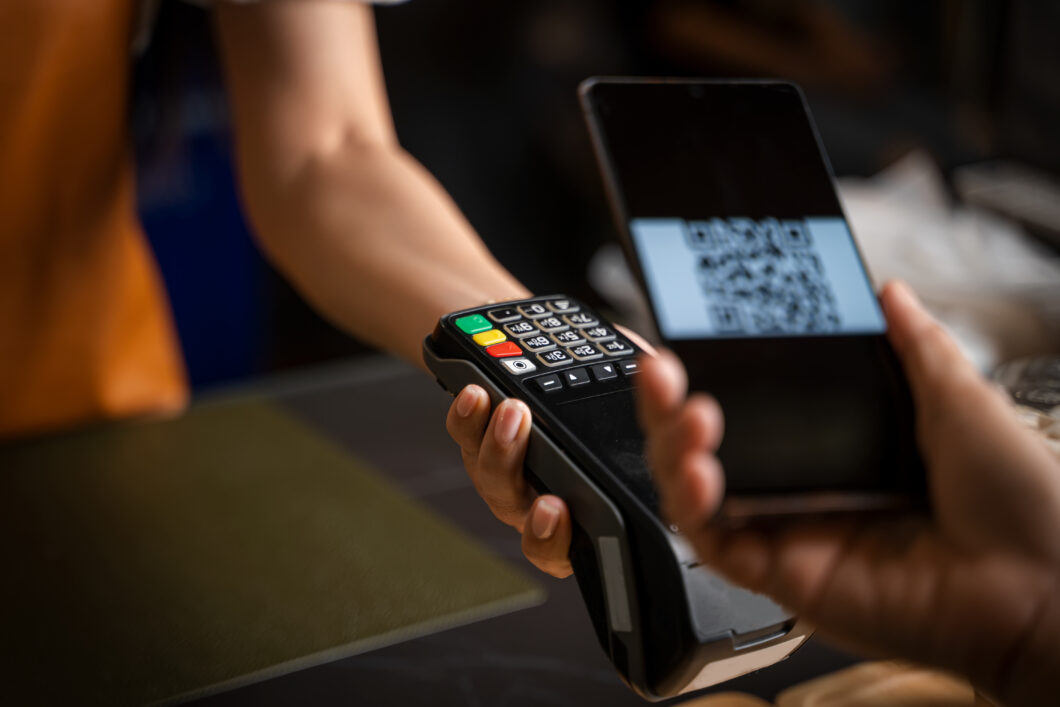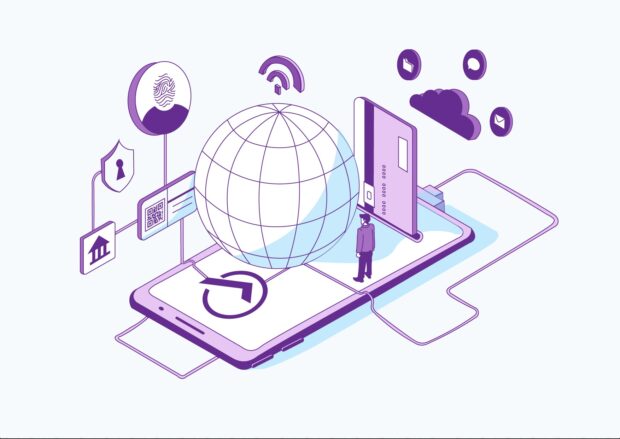One of the newest terms to have entered the International Development lexicon of late is digital public infrastructure (DPI). Good DPI generally consists of three core systems working in sync, namely, those regarding digital identity, digital payments, data exchange, as well as consent mechanisms, where data owners have a say on how, where, and when their data is moved around.
When these building blocks co-exist, are interoperable, and have inbuilt tech and governance attributes including data privacy, accountability and oversight mechanisms, the benefits can be enormous. Today, many countries, especially in the Global South, are adopting DPI to bring essential services to their communities.
Where does Africa stand when it comes to digital public infrastructure?
In Africa, efforts to scale digital public infrastructure are particularly encouraging as many countries have begun building extensive National Backbone and E-government Infrastructure. Uganda’s NBI/EGI project and Ghana’s ‘e-Transform’ are some of the examples of aggressive steps African countries are taking to ramp up enabling infrastructure for DPI.

In addition, countries such as Kenya, Sierra Leone, Uganda, Rwanda, and Senegal have developed a slew of legislation or policy frameworks on digital transformation, digital economy, and ICT masterplans. Many have also established institutions to promote and implement digital services that are essential for DPI.
While establishment of these legal, policy, and institutional frameworks by no means automatically mean that these countries are effectively implementing DPI policies, they provide important opportunities for partners to engage, support, and collaborate with these countries to promote the potential impact of DPI.
Many people still have no form of ID. But countries are taking steps to change that.
Digital identity is one pillar of a successful digital public infrastructure. In Africa, digital identification has the potential to ease public service access, from healthcare to mobile money transactions to birth certification and school enrollment. And yet, of the estimated 850 million people in the world with no form of identity, 550 million, or 65% of them, are in Africa. Fortunately, African countries have been working to address this identity gap through joint efforts by UNECA and the African Union Commission.
Beyond these continental initiatives, individual countries have been using national identification to bolster e-payments and improve public service provision. For example, Rwanda has long adopted the use of national IDs to put most government services online. The success of the country’s Irembo e-government service portal, where citizens pay for a plethora of government services, is largely attributed to a strong National Identity registration system. Irembo has largely eliminated paperwork and long wait times, allowing officials to focus on impactful activities in sectors like immigration, identification, land, health, and education. Following this success, other countries in the region, including Kenya, Uganda, and Tanzania are also considering issuing digital IDs.
Meanwhile, digital payments are booming.
Africa has leapfrogged its way to becoming a world leader in digital payments; it is estimated that up to 70% of global mobile money transactions take place in Africa. Fintech, agent banking, and other digital payments innovations in savings, credit, and insurance have permeated nearly every corner of the continent, including in rural areas where traditional banking has no presence. The International Monetary Fund places half of the 700 million users of digital financial services in Africa, more than any other region in the world.
A McKinsey survey attributes this boom in the African e-payments industry to rapidly developing infrastructure and relevant policy frameworks and competition. Telecoms, fintechs, and traditional banks jockey for the market and increase innovative payment solutions and options provided to customers. While there is still uneven distribution of this growth (Egypt, Ghana, Kenya, Nigeria, and South Africa account for the lion’s share), other countries, including Ghana, Côte d’Ivoire, Kenya, Senegal, and Uganda are catching up.

With several country initiatives, data exchange is moving at a slow - but steady - pace.
Data sharing systems, while still limited to only a few countries, have had a long history in Africa. Over the years, civil society groups have advocated for easing access to information, opening up government datasets, and enacting legislation to enable democratization of data and information sharing. Uganda passed the Access to Information Act in 2005, and Kenya and Ghana set up Open Data Initiatives, where government datasets were shared online in 2012. Currently, Ghana is drafting a data sharing policy and plans to establish a data exchange platform.
Uganda, on the other hand, through its National ICT Authority, has built a data integration platform codenamed UGHub whose goal is to facilitate secure and efficient data sharing and improve service delivery to citizens by reducing the turnaround time required to seek and receive public services which, in Uganda’s bloated and siloed institutions, can be frustratingly long. Currently, over 100 government agencies and private companies are onboarded, and more are seeking to join the platform.
While obstacles still exist, the results are promising.
Across Africa, e-government infrastructure projects demonstrate commitment by governments to invest in critical enabling infrastructure for digital public infrastructure. While financing for these projects is still led by external borrowing, countries are increasingly domesticating these investments using local resources and they need to be supported to continue doing the same.
There are, of course, huge challenges that African countries still need to navigate. Despite advancements, many parts of the continent are still on the journey to consistent, high-speed internet. Additionally, limited infrastructure, data governance concerns, financing, sustainability and a persistent continental digital divide pose substantial hurdles. These challenges must be addressed to achieve a fully functioning, effective DPI that meets all best practices of good governance, inclusion, and robust data protection. But, there are also significant opportunities, which demonstrate that partners and stakeholders should not wait for a perfect environment to work together to unlock the potential of DPI towards changing African lives.





